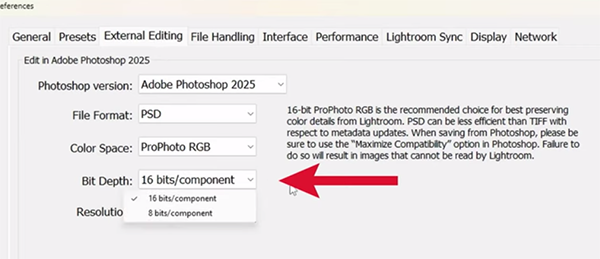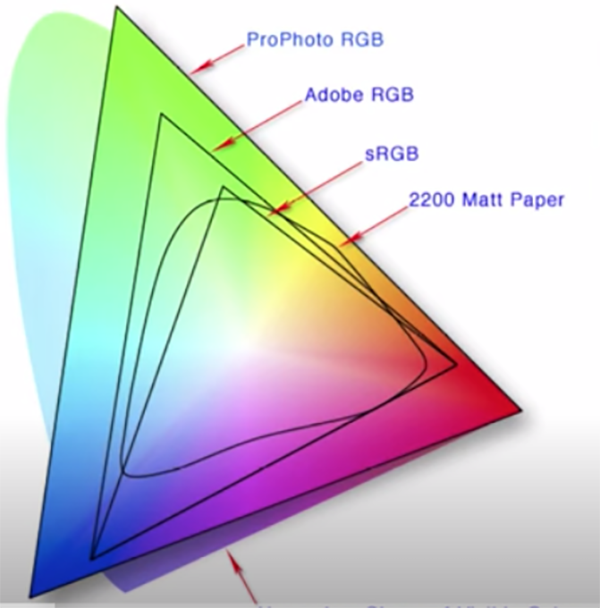Somewhere out in the vast darkness of cyberspace, millions and millions of precious photographs are wandering aimlessly, homeless and lost forever. Each day, more and more photos join the tens of thousands of socks that were lost in clothes dryers, umbrellas left in restaurants and the car keys that never made it back to the safety of a purse or pocket.
Not to mention the zillions of smiling golf balls banished forever somewhere in rough.
Your data is not safe, but good work habits, starting with a conscientious backup plan, can make data recoverable.
3-2-1 Backup Plan
There’s no surefire strategy to recover lost socks, but you can increase your chances of protecting your photos—and other important data like tax documents, personal correspondence, chili recipes and nonsensical advice you received from a chatbot.
Here’s a logical plan to put your data on the path to safety. (We didn’t create this plan, and we can’t remember who did, but bless them. We endorse it 1000%.)

The 3-2-1 backup strategy: save three copies of your data on two different media types including one off-site copy.
For example, keep one copy on the hard drive in your computer, a second copy on an external drive or NAS (Network Attached Storage) and a third copy in the Cloud.
Grab & Go
We further recommend that you backup critical images, video files, important documents and other data you simply cannot afford to lose on a compact, portable external drive that you can “grab and go” should an emergency arise.
World Backup Day
March 31 has been declared World Backup Day. You know you should backup what’s important, so just do it.
For more information, visit Worldbackupday.com and take the pledge:
“I solemnly swear to backup my important documents and precious memories on March 31st.” #WorldBackupDay
∞ Shutterbug Staff









